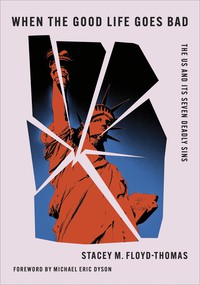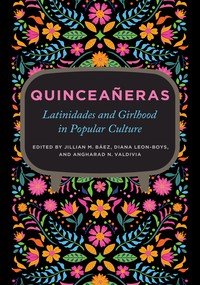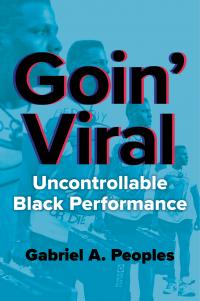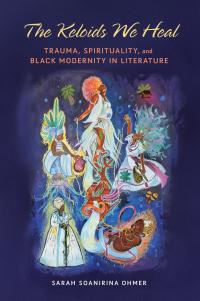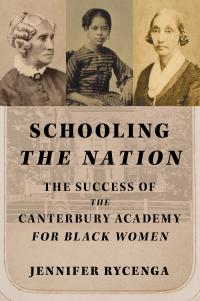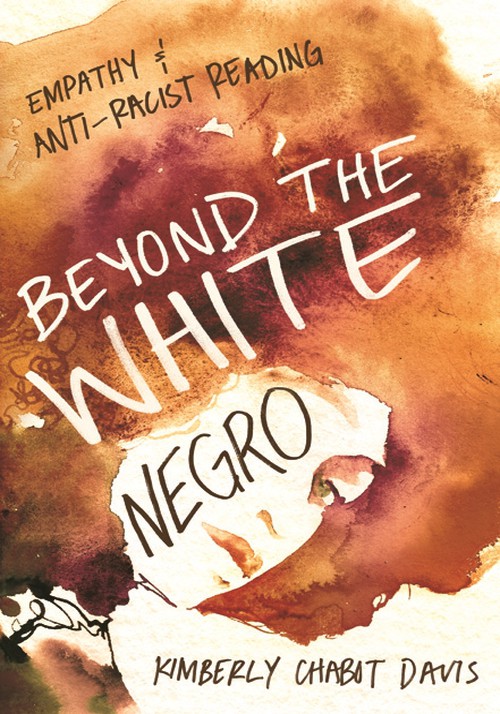
Beyond the White Negro
About the Book
Critics often characterize white consumption of African American culture as a form of theft that echoes the fantasies of 1950s-era bohemians, or "White Negroes," who romanticized black culture as anarchic and sexually potent. In Beyond the White Negro, Kimberly Chabot Davis claims such a view fails to describe the varied politics of racial crossover in the past fifteen years.Drawing on her background in the study of cross-racial empathy, Kimberly Chabot Davis analyzes how white engagement with African American novels, film narratives, and hip-hop can help encourage anti-racist attitudes that may catalyze social change and racial justice. Though acknowledging the oft-bemoaned failure to establish cross-racial empathy, Davis's study of ethnographic data from book clubs and college classrooms shows how a combination of engagement with African American culture and informal or formal pedagogical support can lead to the kinds of white self-examination that make empathy possible. The result is a groundbreaking text that challenges the trend of focusing on society's failures in achieving cross-racial empathy and instead explores possible avenues for change.
About the Author
Kimberly Chabot Davis is an associate professor of English at Bridgewater State University. She is the author of Postmodern Texts and Emotional Audiences.Reviews
"Davis’s book is a timely analysis of the relationship between audience reception and antiracist action. . . . Davis’s argument goes beyond the claim that educating whites in African American history and culture can lead to antiracist reading practices to say that antiracist reading is one part of white engagement with African American culture more broadly."--Reception: Texts, Readers, Audiences, HistoryBlurbs
"[Davis's] readings are astute and innovative. Her study of the cross-racial empathy of white rappers and her comparison/contrast of Do the Right Thing and Crash are especially effective. With a solid scholarly foundation, she takes real risks in her thinking about race."--Cecilia Konchar Farr, author of Reading Oprah: How Oprah's Book Club Changed the Way America Reads



